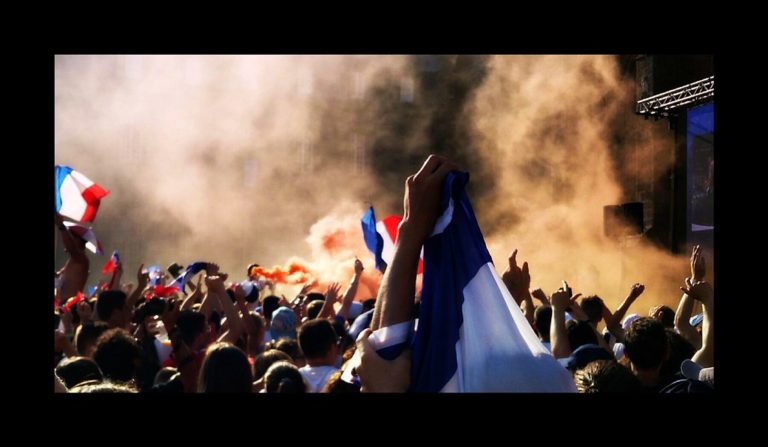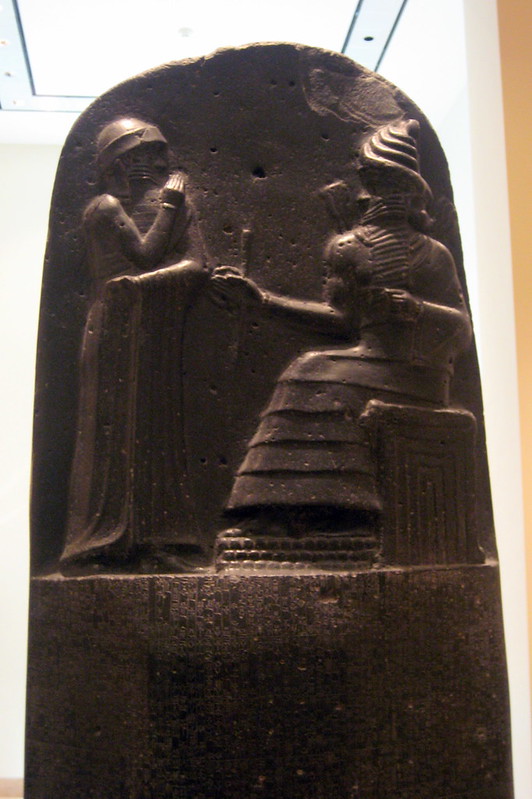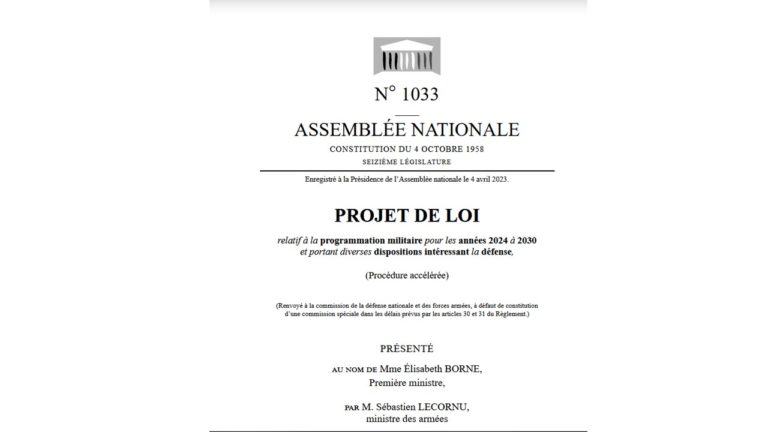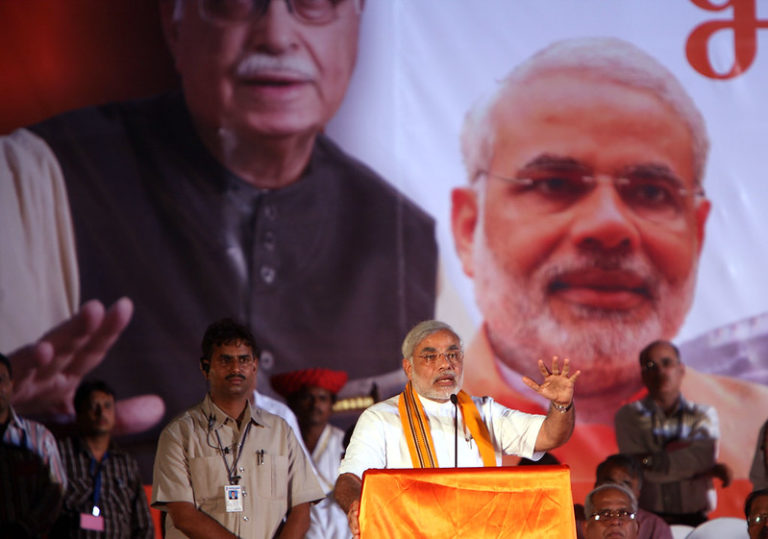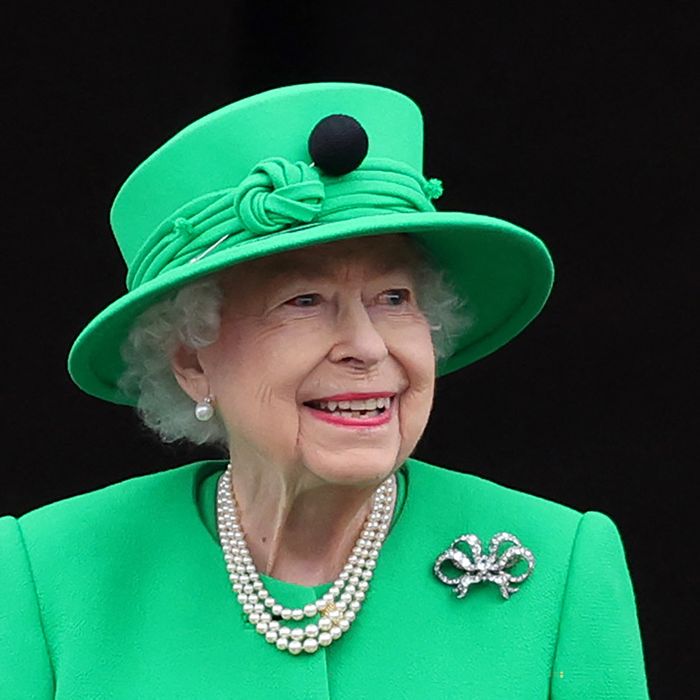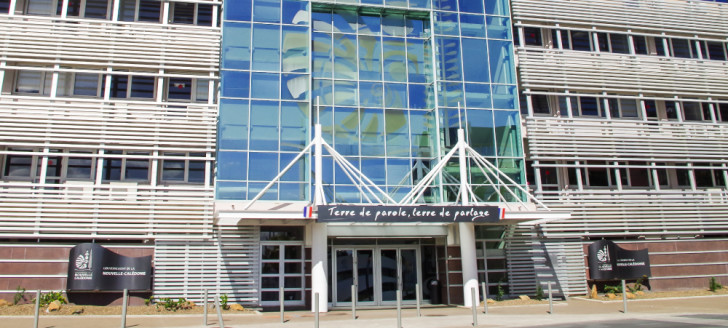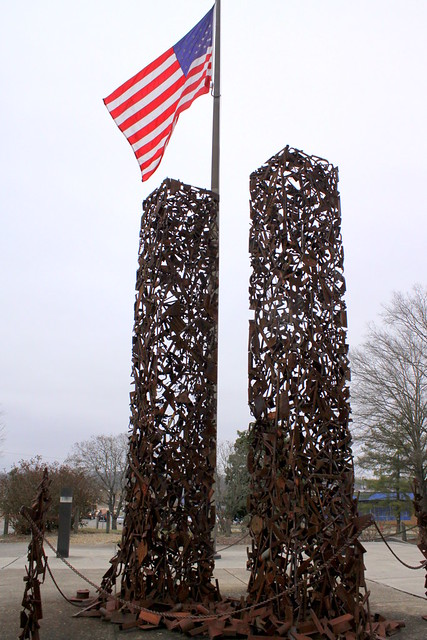With this issue 250, which marks the start of its eleventh year of publication, La Vigie reaches the magic number of 500 published posts. In their own way, they describe the stages and hazards of the decade of strategic transition that France has just undergone in Europe and Europe in the world.

So this is an opportunity to take stock of the decade. This annex to the regular issue will therefore take a different form: Each contributor will give his or her assessment, even those who have joined along the way: for once, the signatures will be individualised instead of the collective signature we are used to.
How short a decade is!
Launched in autumn 2014, La Vigie is primarily a fortnightly online publication. It certainly conducts other activities (studies, seminars, training, etc.) which are aimed at its clients and therefore remain discreet. But the point of reference remains the newsletter, whose format is now well established: two articles barely three pages long and a free-form spyglass, more open to the mood of the moment, when the articles want to get to the heart of the matter. So we rarely react to immediate news. As a matter of policy, we prefer to wait for the dust to settle, for events to become clear and finally known, so that we can concentrate on the essence of our work: strategic synthesis. Not analysis, but synthesis.

